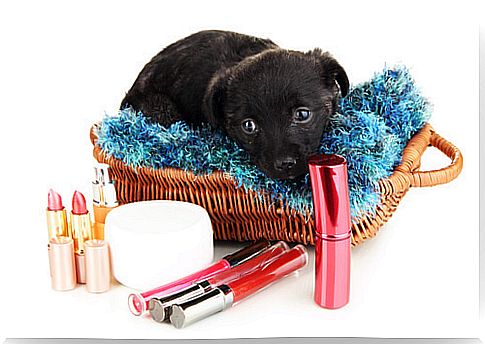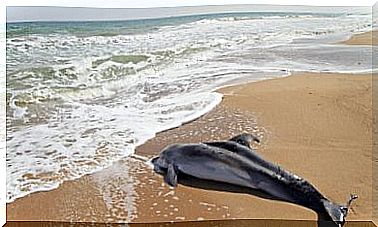Microbeads: Why They Were Banned In The UK

In 2018, the UK decided to ban the use of microbeads in cosmetics and pet care products. This decision has surprised many consumers, in part due to the lack of knowledge about the composition of the products they use daily in their toilet.
In this post we will explain better what microbeads are to help you understand why their ban is imminent in many other countries.
What are microbeads?
The microbeads , better known in Spanish as ‘microspheres’, are among the most common types of micro -plastics . These tiny particles measure between 0.1 microns and 5 millimeters, and are used very frequently in the manufacture of grooming and care products for dogs, cats, etc.
For its powerful abrasive effect, the microbeads are usually present in toothpastes we use daily oral hygiene. Depending on the product, microbeads can represent 10% of its composition.
However, these microplastics are also integrated into exfoliating products, liquid or bar soaps for pets, bath gels, makeup, sunscreen, among others. They can even be present in cleaning products made for home and vehicle sanitation.
Why can microbeads be harmful ?
The microbeads can adversely affect both people and animals and the environment. According to a study by Napper & Thompson, a single application of a product containing microbeads can release around 90,000 microspheres.
But the most worrying fact is that conventional water treatment systems are not capable of detecting the presence of microbeads. These microplastic particles then return to the seas, increasing the pollution of aquatic ecosystems.

It is estimated that since 1950 about 8 billion metric tons of plastic were produced by human activities ; around 6 billion tons of garbage, the vast majority of which have fallen into the oceans.
The microbeads have spread throughout the world with astonishing and worrying speed. To give you an idea, in the Arctic Ocean alone there are already some 300 billion microplastic particles.
These particles accumulate in the tissues of fish and other aquatic animals. In addition to altering your metabolism, the microbeads end up being incorporated into the human diet and, consequently, they also accumulate in our body.
The prohibition in the United Kingdom, an example for the world
Considering the impact of microplastics on ecosystems and human and animal health, the UK has decided to pass the largest ban on microbeads in history.
After analyzing the results of a public consultation, the Department of Environment, Food and Rural Affairs (DEFRA) has determined that the use of microbeads in the manufacture of cosmetics and personal care and hygiene products is prohibited . Also for pet products.
However, sunscreen and makeup are not yet affected by this new determination. The need to ban microbeads in these types of products is still being evaluated by a committee of specialists.

Although the measure has a local scope, it serves as an example for the world and marks a new course in terms of industrial expansion and sustainability. As Greenpeace England points out, the decision is excellent news for the environment and reaffirms the UK’s leadership in the fight against microplastics in the oceans.
The reaction of companies after the ban
Unsurprisingly, the reaction from pet and personal care products and cosmetics companies has been negative. According to them, the prohibition generates significant economic implications for them, since it forces them to change the formula of their products.
On the other hand, NGOs involved in caring for the environment reaffirm that the costs of ocean pollution will be much higher in the long term. They also suggest that it is possible, and economically feasible, to replace microplastics in industry through reasonable investments.
Furthermore, the need to take urgent measures is highlighted before the situation of our seas becomes irreversible, since the survival of many species and, consequently, of the human being is threatened.
The prohibition of microplastics should be, according to environmental companies, a guideline of interest and relevance for society and its representatives.









